The University of Sussex near Brighton is doing some very promising work into the science behind kindness. Everyone knows that being kind is the right thing to do, but how exactly does it help us from an objective standpoint?
Sussex Kindness Research, headed by Professor Robin Banerjee, has a broad focus: both kindness in connection to wellbeing and relationships, and interventions to encourage greater kindness are studied. Past projects include The Neuroscience of Charitable Giving, Cultivating Compassion and Kindness and Wellbeing in Adolescence - all worthwhile, and highly relevant in the context of society’s recovery from the pandemic.
Most recently, the university has teamed up with BBC Radio 4 to launch The Kindness Test, an online survey open to the world. It asks where and when people experience kindness, and what impact they feel it has on them, in order to identify trends in people of different backgrounds.
“Everyone has an intuitive feel for kindness,” says Professor Banerjee, speaking to the All in the Mind podcast, “but there’s so much we don’t actually know about, and yet it’s so important in our lives.” Closely related to kindness is empathy. While the two may seem like synonyms at a first glance, there is divided opinion within the scientific community - and building evidence that shows subtle differences between the concepts.
Empathy - the idea of experiencing others’ emotions - is not the same thing as kindness, but a motivator for it, explains Dan Campbell-Meiklejohn, a psychology lecturer at the university. “It’s commonly known that we tend to be more kind and more cooperative with people who are close to us, that are in our own groups. What we know from the science is… that we can experience a sense of reward when we are kind to others. We also know in developmental psychology that even a two-year-old child, who has limited ability to imagine the minds of others, will share, help and comfort others when no reward is expected in return. And that tells us that there’s a strong case that evolution has given us an incentive to be kind, that kindness to others has a benefit to our own survival.”
At Kindness Advantage, we can help you and your team harness the science-backed potential that kindness and empathy have to boost productivity, wellbeing, customer satisfaction, patient or service-user outcomes, and much more. We offer bespoke talks, seminars and interactive workshops that have inspired organisations around the world to put kindness first for a better future. Get in touch with Sebastian today to find out how we could help you!



